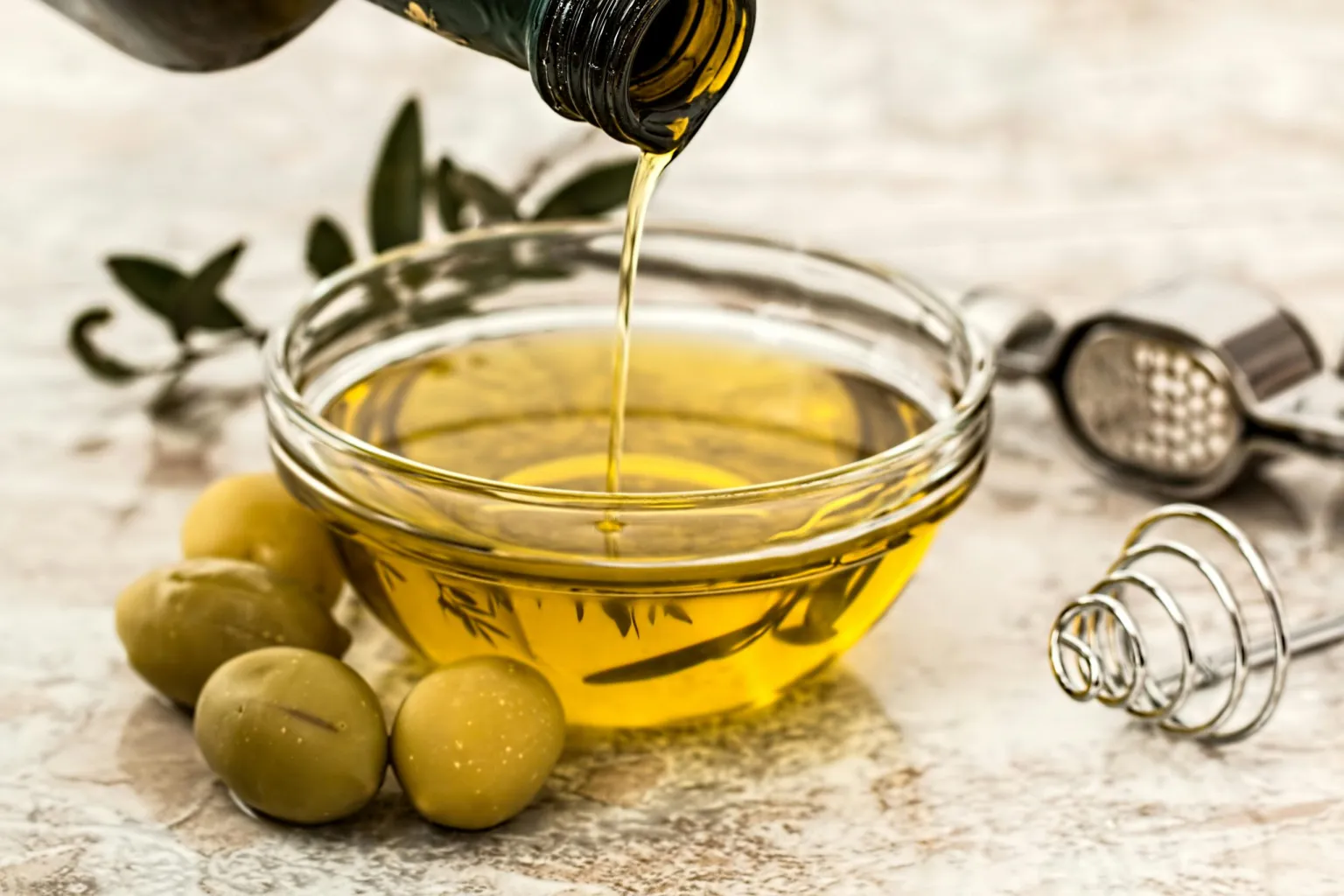Is Fat Really the Villain? Debunking Myths About Fats and Healthy Eating.
- 12 Dec, 2024

The other day, I attended a lively party where conversations revolved around fitness tips, meal plans, and “healthy” trends. That’s where I met a woman who instantly caught everyone’s attention. Let’s call her Maya. She exuded health-conscious vibes, sharing that once a week, she and her family eat completely oil-free and fat-free meals—boiled chickpeas, raw greens, and salads. Maya was hailed as the health guru of the gathering, but something about her approach struck a nerve with me. As a nutritionist, I couldn’t help but feel concerned. I’ve seen this misconception far too often: people equating fat-free or oil-free diets with “healthier living.” While Maya’s effort to make mindful eating choices is admirable, this practice overlooks a simple but critical truth—our bodies need fats. This myth that fats and oils are the root cause of weight gain or poor health has been around for decades. But here’s the thing: not all fats are the enemy. In fact, a lack of healthy fats can harm your body in surprising ways. So, I decided it was time to break down this myth and shine some light on the science behind why fats are essential.
The Truth About Fats: Your Body’s Unsung Hero
Let’s start with the basics—why does your body need fats? Contrary to popular belief, fats aren’t just empty calories; they play a pivotal role in keeping you healthy. Here are some of the amazing things fats do for your body: Energy Source Fats are a dense source of energy, providing 9 calories per gram (more than double that of carbs or protein). This energy is especially crucial for endurance activities and when your body runs low on carbohydrates. Cell Structure and Hormone Production Every cell in your body has a membrane made of fat. Fats also help produce vital hormones, including sex hormones like estrogen and testosterone, which regulate everything from mood to metabolism. Brain Health Your brain is nearly 60% fat! Healthy fats, like omega-3s, are essential for cognitive function, memory, and emotional well-being. Absorption of Fat-Soluble Vitamins Here’s a kicker many people don’t know: vitamins A, D, E, and K are fat-soluble. This means they require fat to be absorbed into your bloodstream. Without fats, those superfoods in your salad can’t deliver their full nutritional potential. Body Temperature Regulation and Protection Fats insulate your body, keeping you warm, and cushion your organs to protect them from impact. Skin and Hair Health Healthy fats keep your skin glowing and your hair strong and shiny. A lack of dietary fat can lead to dryness and brittle hair.
The Real Culprits: What to Avoid Instead
If fats aren’t the enemy, then what is? The real troublemakers behind weight gain and poor health are: Refined Sugars Added sugars spike your blood sugar levels, leading to energy crashes and increased fat storage. Over time, this can wreak havoc on your metabolism. Refined Carbohydrates Foods like white bread, pasta, and pastries are stripped of nutrients and fiber. They’re digested quickly, causing insulin spikes that lead to hunger and overeating. Trans Fats Found in processed and fried foods, trans fats are artificially created fats that raise bad cholesterol (LDL) and lower good cholesterol (HDL). They’re a significant risk factor for heart disease.
Why Balance, Not Elimination, Is Key
A well-balanced diet is all about moderation and diversity. Instead of demonizing fats, focus on incorporating healthy fats in the right portions. Foods like avocado, nuts, seeds, olive oil, fatty fish, and even moderate amounts of dairy can significantly enhance your health. Here’s what you should aim for: Replace bad fats with good ones: Swap out butter for olive oil or fatty processed snacks for a handful of almonds. Portion control matters: Too much of even a good thing can be harmful, so practice mindful eating, control your portion and eat slowly while enjoying your food. Include a variety of nutrients: A colorful plate with balanced macros (carbs, proteins, fats) is your best bet for sustainable health.
Final Thoughts: My Two Cents on Oil-Free Days
After having my fair share of experience in fad diets and experimental diets, and a good base of knowledge in nutrition I can vouch for controlling the portion and enjoying everything on your plate. I’m all for experimenting with your diet and finding what works best for you, but the idea of completely cutting out fats—even for a day—can do more harm than good. Your body thrives on balance, not deprivation. And remember, health is about long-term habits, not short-term fixes or trends. So next time you consider an oil-free day, ask yourself: Am I giving my body what it needs? A diet rich in nutrients and healthy fats can help you flourish in ways boiled chickpeas and salads alone cannot. Let’s debunk myths and focus on facts, one healthy choice at a time! 😊


